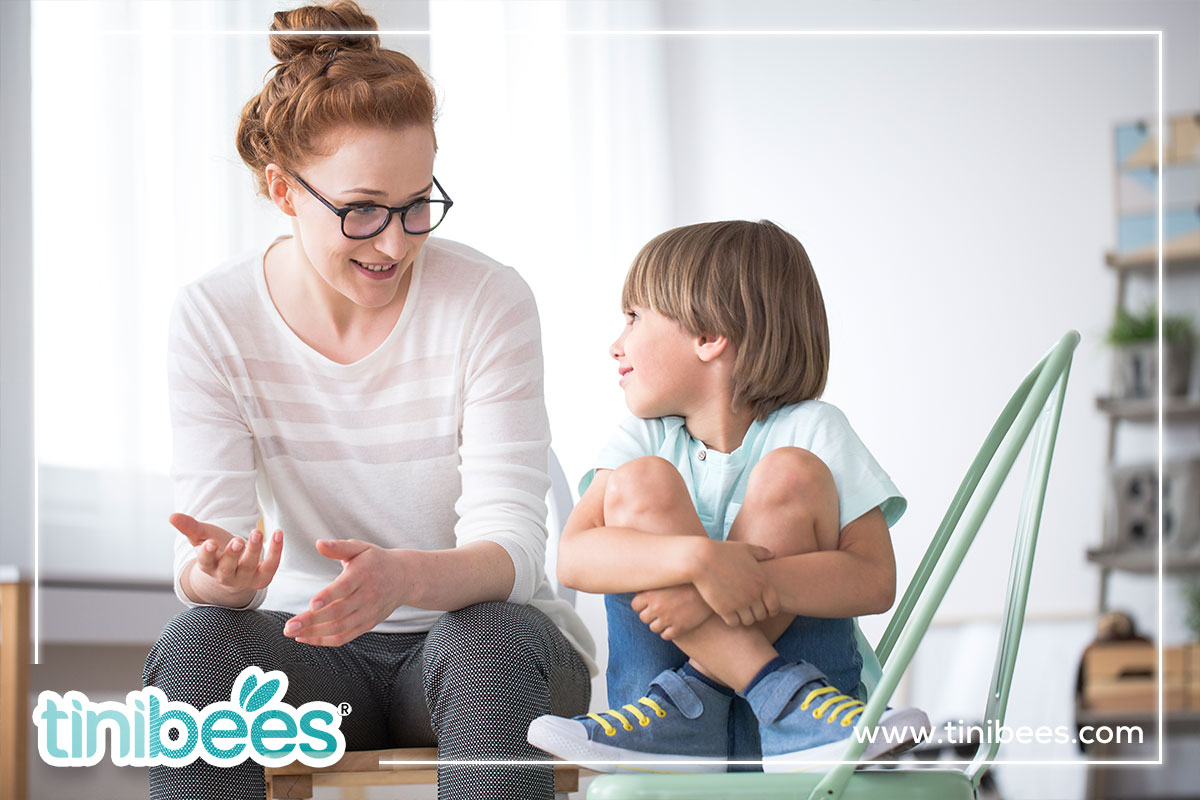
Effective communication is essential for building strong, healthy relationships with our children. When we communicate effectively, we promote a sense of trust and mutual understanding that can help our children develop into confident, well-adjusted adults.
At Tinibees, we understand the importance of effective communication between parents and children, and we are committed to sharing strategies and tips to help parents improve their communication skills.
Let’s get started on How to effectively communicate with your child:-
Listen Actively
One of the most important things to keep in mind when communicating with your child is to listen actively. This means paying attention to what your child is saying, asking clarifying questions, and responding in a way that shows you understand and care about their perspective. Active listening can help your child feel heard and understood, which in turn can build their confidence and self-esteem.
Use Age Appropriate Language
Another key aspect of effective communication with children is using age-appropriate language. It’s important to remember that young children may not have the same level of understanding or vocabulary as adults, so it’s important to use language that is clear and easy to understand. Additionally, using a positive tone and avoiding negative or critical language can help promote positive communication and build a sense of mutual respect.
Set Aside Time for One-on-One Converstation
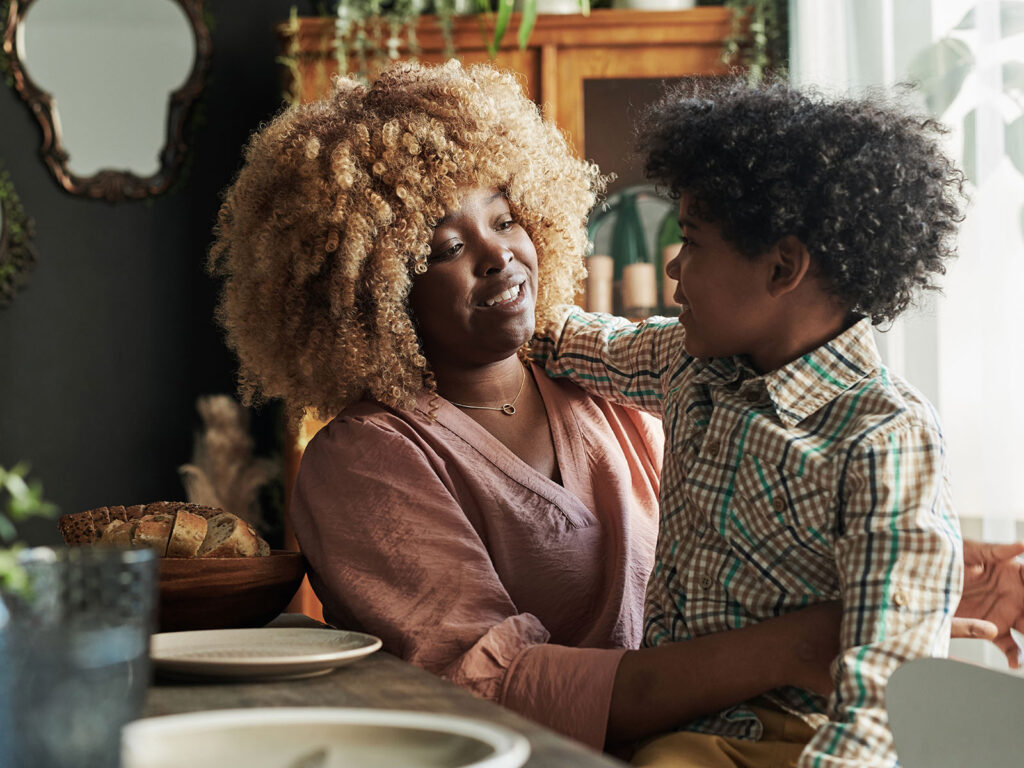
Another important strategy for effective communication with children is setting aside dedicated time for one-on-one conversations. This can be as simple as sitting down to have a meal together, going for a walk, or playing a game. When you take the time to focus on your child and give them your full attention, you create an environment where they feel comfortable sharing their thoughts and feelings.
Non-Verbal Communications

It’s also important to remember that non-verbal communication can be just as powerful as spoken language. Simple gestures like hugging, holding hands, or making eye contact can convey a sense of warmth and connection that can help build strong relationships with your child.
Be Mindful
Finally, it’s important to be mindful of your child’s developmental stage and individual personality when communicating. Younger children may need more concrete examples or visual aids to help them understand complex concepts, while older children may benefit from more open-ended discussions that encourage them to think critically and express their opinions.
At Tinibees, we believe that effective communication is essential for building strong, healthy relationships with our children. That’s why we offer a range of products and services designed to promote healthy communication and emotional connection between parents and children. From our interactive toys and educational games to our natural care products and baby carriers, we are committed to supporting parents in their efforts to raise happy, healthy, and well-adjusted children.
Conclusion
In conclusion, effective communication is a key component of building healthy relationships with our children. By listening actively, using age-appropriate language, setting aside dedicated time for conversation, being mindful of non-verbal communication, and considering your child’s individual needs and personality, you can create an environment where your child feels heard, understood, and valued. At Huil, we are proud to support parents in their efforts to promote healthy communication and emotional connection with their children, and we are committed to providing the tools and resources they need to succeed.If you liked our blog on ‘How to effectively communicate with your child’, be sure to check out our other blogs by clicking on this link https://tinibees.com/blog/


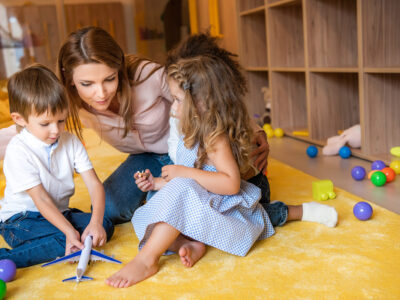


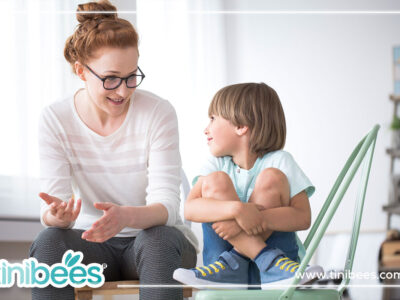

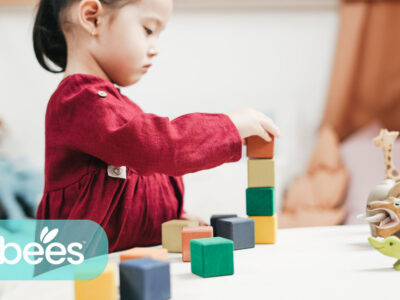






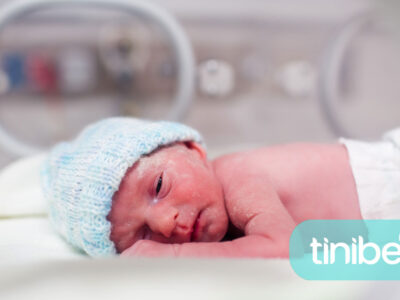


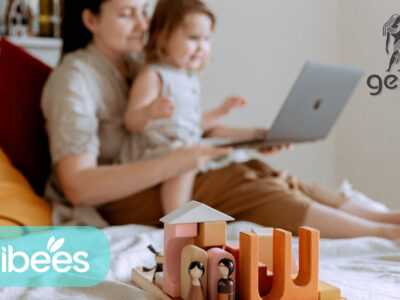

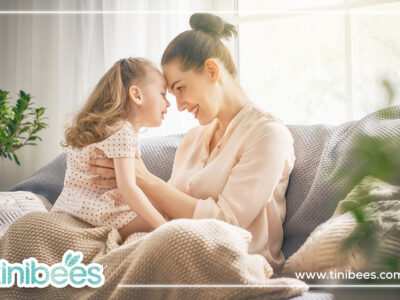
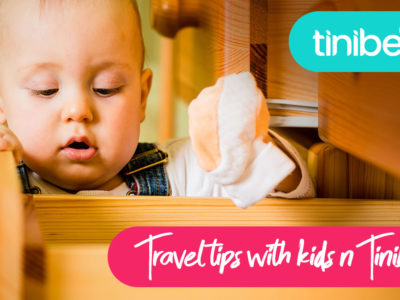


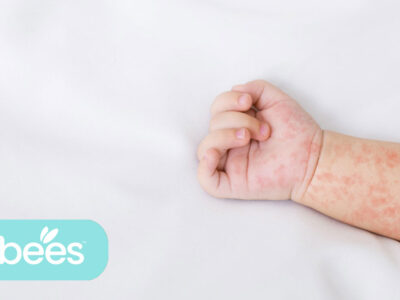
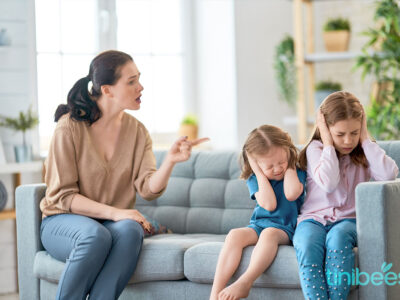



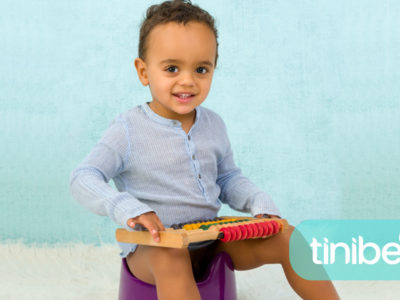
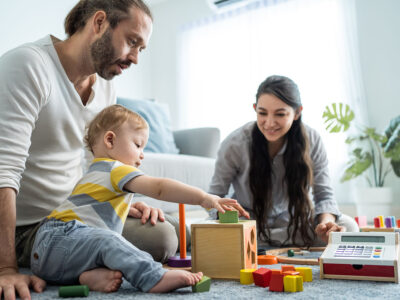









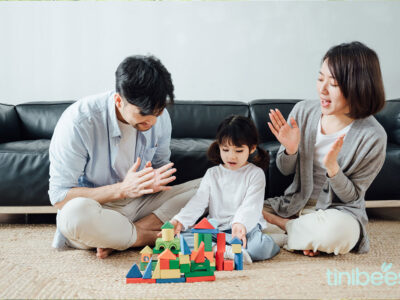

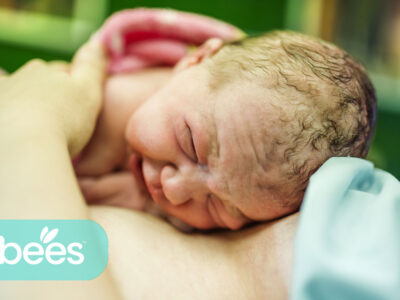
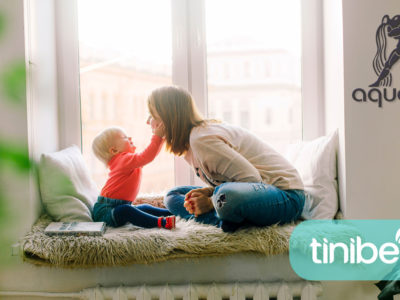


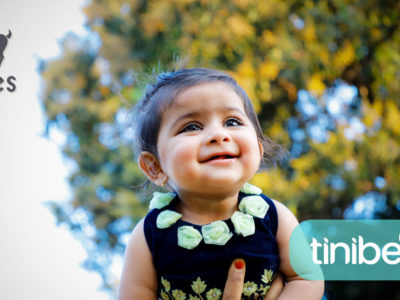
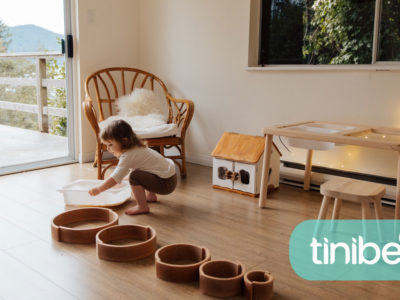
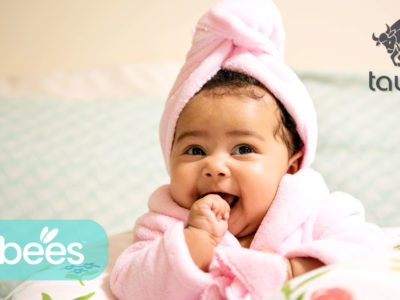




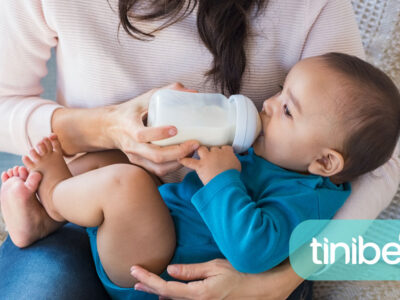

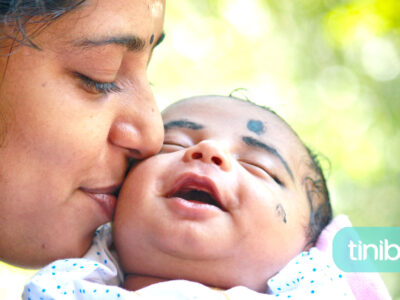




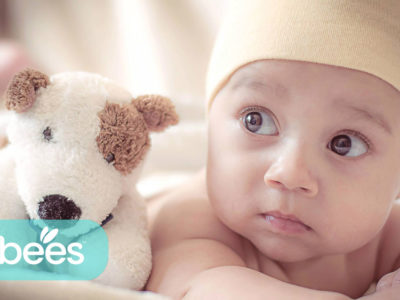



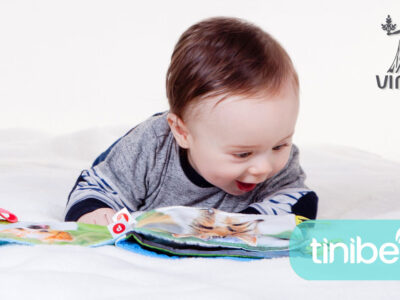





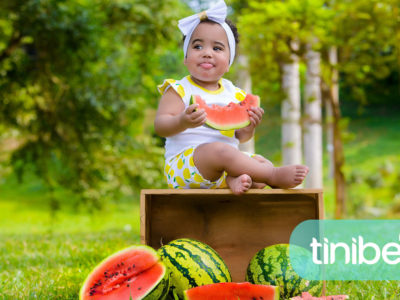
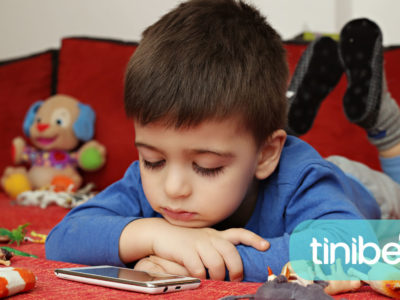

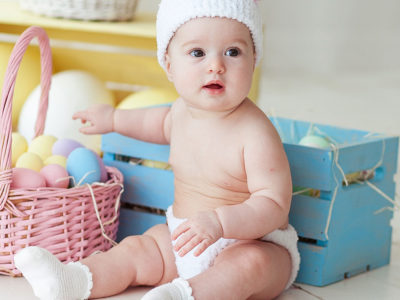
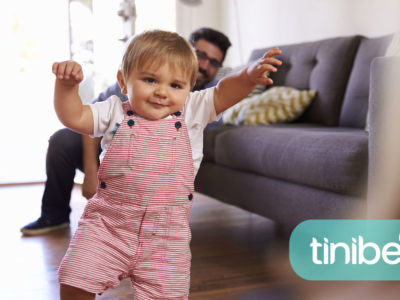

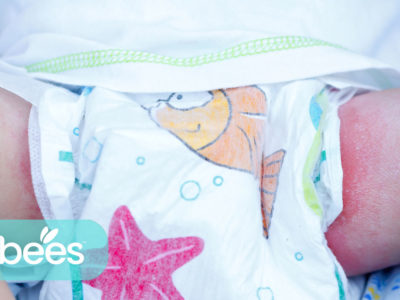
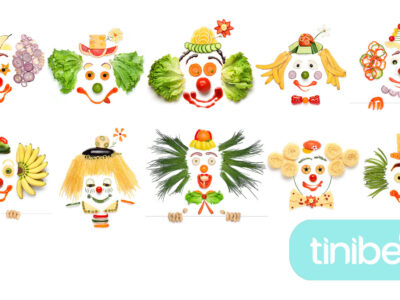




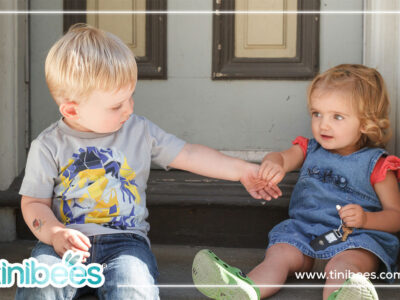



 Welcome to Tinibees!
Welcome to Tinibees!  Tinibees Santa’s Magic
Tinibees Santa’s Magic  Travel Tips with Kids & Tinibees
Travel Tips with Kids & Tinibees  Make Your Baby’s First New Year Special
Make Your Baby’s First New Year Special  Special things to Know About a Capricorn Baby
Special things to Know About a Capricorn Baby
Recent Comments